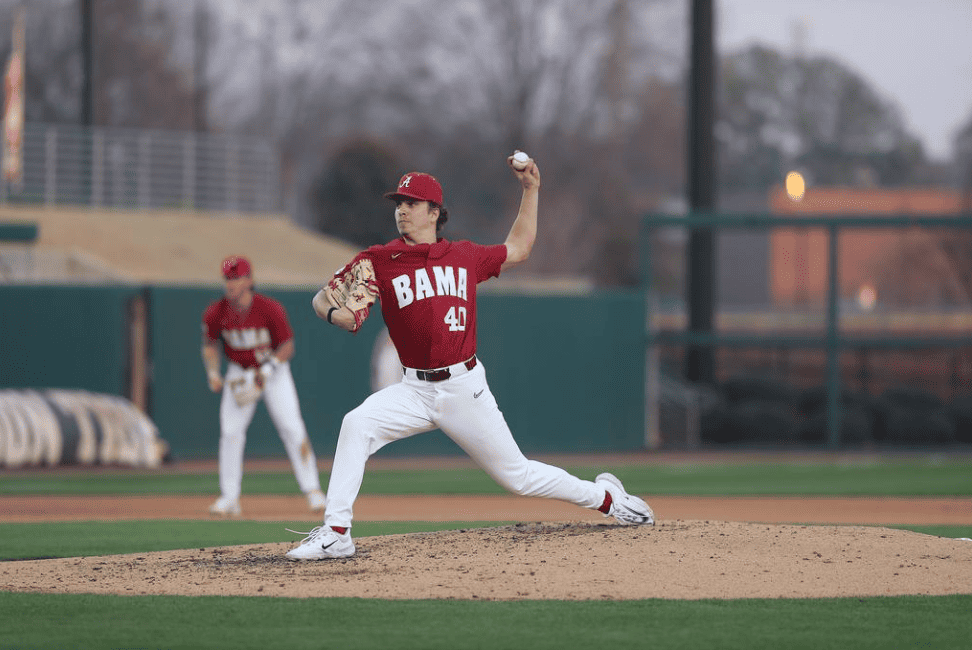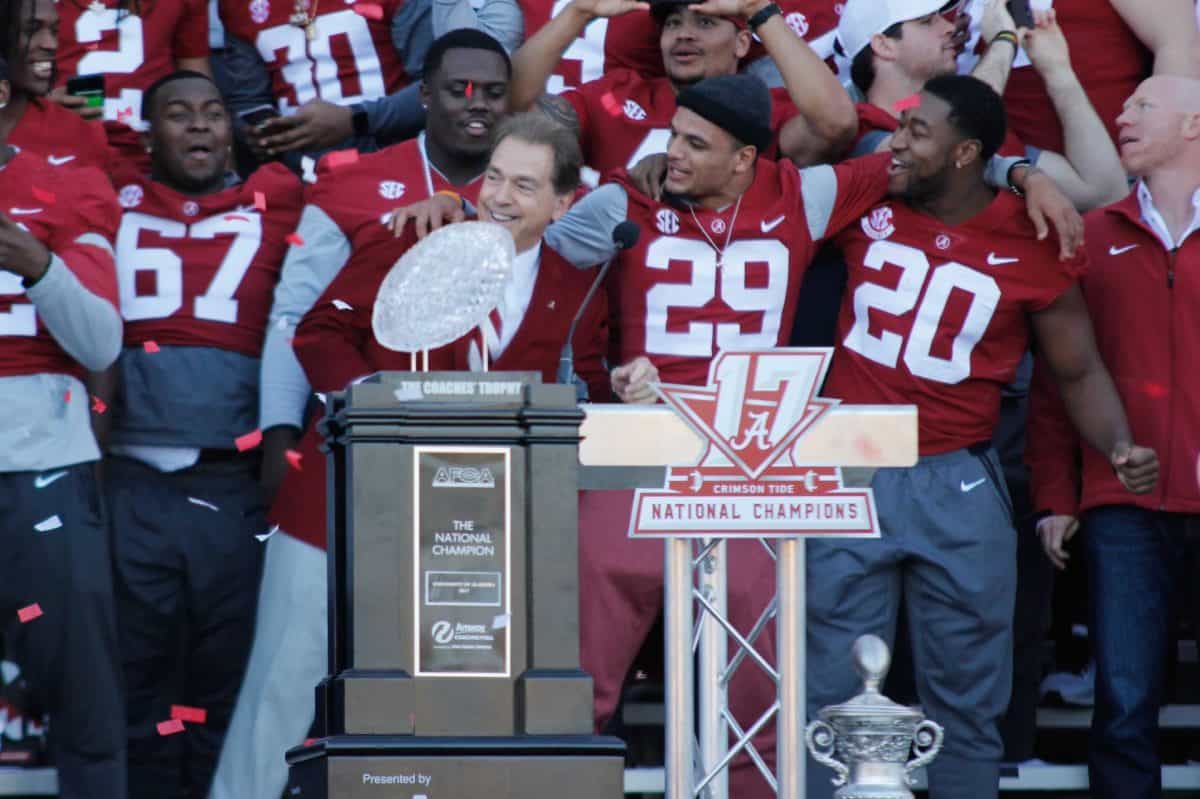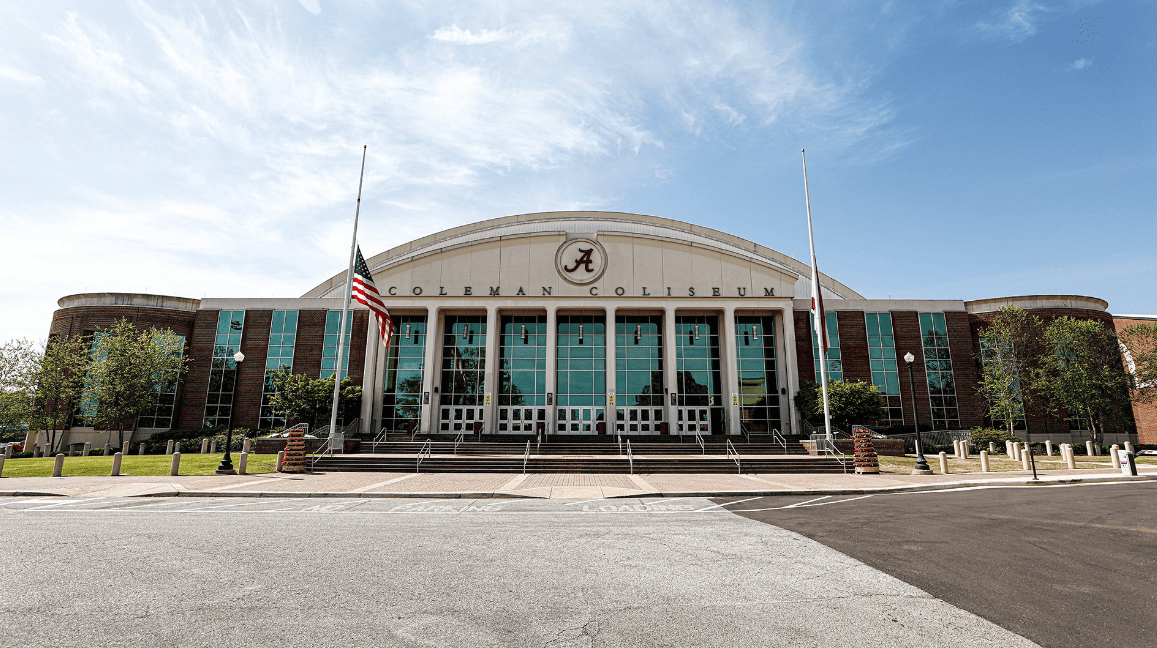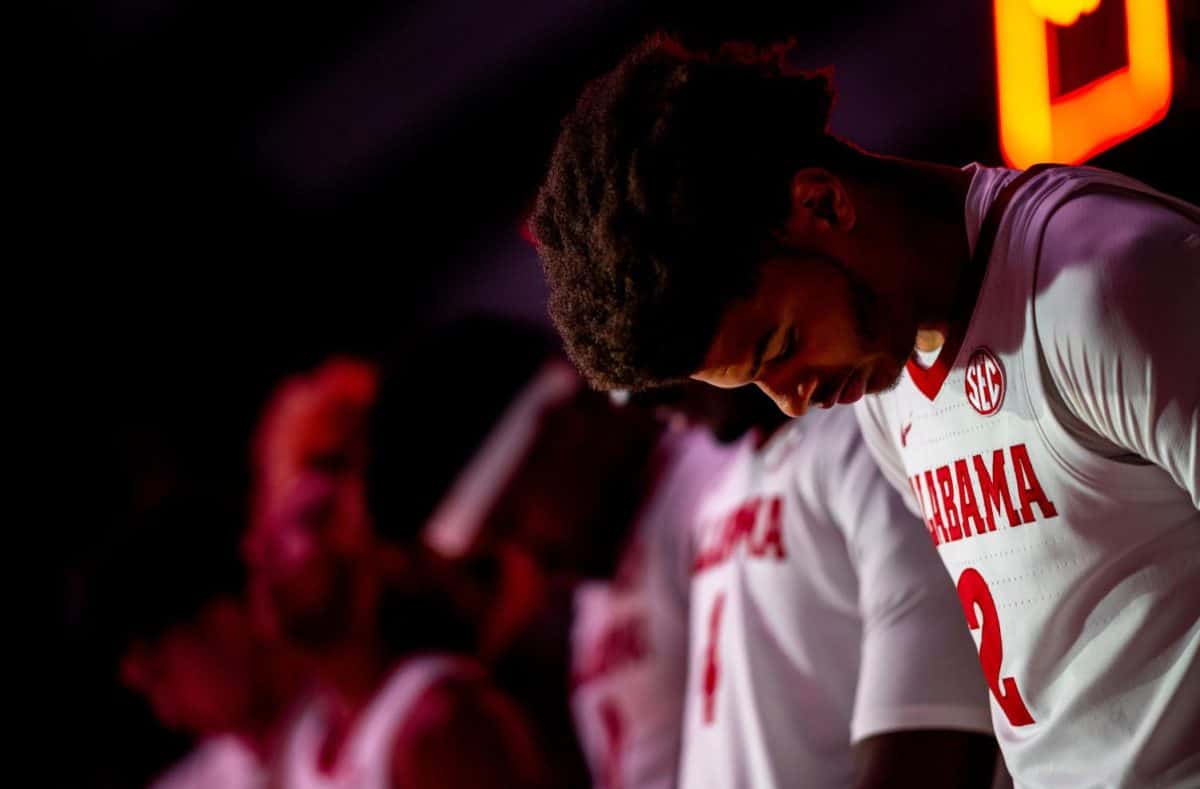CW Staff Reporter Katherine Martin interviewed George Wallace, Jr., the son of former Alabama governor George Wallace. Wallace Sr. gained national prominence with his stand in the schoolhouse door at the University of Alabama during his first term as governor. Wallace then served two more terms as Alabama’s governor. Wallace Jr. discussed his father’s reasoning for the stand and lifelong attempts to make amends for his actions in a phone interview Monday.
Crimson White: What do you think is the legacy your father left on the University and the country as a whole?
George Wallace Jr.: I think there are several dimensions to my father’s legacy. His life was a journey, as all of our lives are a journey, and I hope that when your journey is over you are not judged on an instant in your life, that it is judged in totality.
CW: What do you think was your father’s reasoning behind the Stand?
GW: In the late 50s and early 60s, integration was the issue on the social agenda of the country. We were in a time of cultural change. My father grew up in a household in the South where they accepted segregation as they accepted other norms in their lives.
My father was taught that segregation was in the best interest of both races. Now, that sounds so archaic today. So, without any kind of wisdom at all, it was a fact of life. My father was a pragmatic political man. And he said later, ‘I talked about rules and economic development and quality of life issues and people just sat there, the issue of segregation is what they wanted to hear about.’ He wanted to be elected governor and he made a commitment that he would stand in the doorway to raise constitutional questions about who should run this University, should it be on the state of Alabama’s timetable for integration or the federal government’s.
Before he went to the University of Alabama, Little Rock, Arkansas and Ole Miss had already been integrated and my father went on television night after night after night before he went to the University telling people to stay away, and there was not an instant of violence at all at the University. He maintained peace and raised these issues and moved on.
CW: What was it like growing up with George Wallace as your father during this time of culture change?
GW: Any time in the 60s, when he became so controversial, when there was an event like that or something, our family went to our lake house. The state troopers were there and kind of sequestered us away. It was volatile time in our culture and he was a lightening rod in many ways.
I, at 11 years old, hadn’t given much thought about segregation or integration. When I was growing up in Clayton, we had games in my yard and we had many black children who lived not far from us come play with us. But, then I went swimming in the summer and I asked why they weren’t allowed to go swimming with us. To me, as a child, it made no sense whatsoever. I didn’t understand [segregation]; they were my friends.
CW: Do you think your father regretted what he had done?
GW: As time passed, my father realized what he had done. He went to Dr. Martin Luther King’s church a couple of years after he had been shot, unannounced, and asked if he could speak to the congregation. He became very emotional and upset, and he asked for their forgiveness. He told them that he had been raised to believe that it [segregation] was in the best interest of both races. But, he said his ‘time has passed, and as I suffered from my assassination attempt, I have some sense of your suffering, and if I have done anything to cause some of that suffering through deeds or words,’ he said. ‘I ask that you forgive me, and I was wrong. My wisdom with the passing of years, my conscience tells me I was wrong.’
And he was wrong, and he admitted he was wrong. One of the phrases very seldom said in the South was ‘I was wrong,’ and he said he was wrong.
He worked throughout the rest of his life to make amends for that. He was younger, he was brash, he was pretty defiant, and that all made up part of it. Most of the people you talk to about this, unless they’re older, wouldn’t know this – they just have this one image of my dad. My father saw the people of Alabama suffering, blacks and whites, because of the Great Depression and he wanted to help all people. In many ways he made a bargain on the issue of segregation that really went against how he really felt inside.
Because he was a politician, see, he wanted to get elected so he made a bargain. He worked long and hard throughout his life to try to make amends and help all people.
He reached out publically and privately to black citizens of Alabama and they were very warm and receiving in realizing that part of his socialization had been that acceptance of that social institution.
CW: What do you think your father would think about having the plaza dedicated to Vivian Malone Jones and James Hood?
GW: I think he would be proud of that. I know he was proud when he presented Mrs. Malone the award Lurleen B. Wallace Courage Award and he and Mr. Hood became close friends and corresponded several times before he passed away. I think he would be very proud of it, absolutely.






